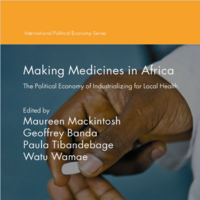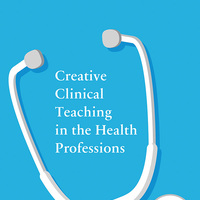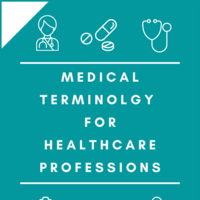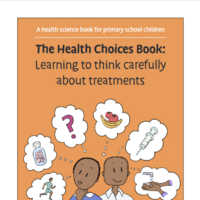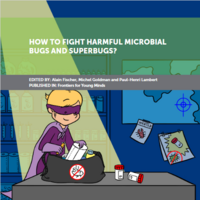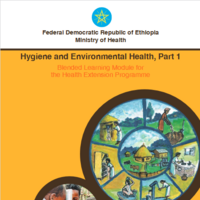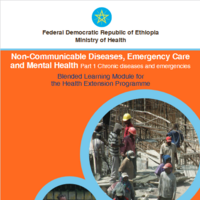Search
Books+
Searching 1,730 books
Search related to the career Pharmacologist
Impact of Pharmacology on Healthcare
Pharmacology plays a crucial role in healthcare by studying the effects of drugs on the human body and how they can be used to prevent, diagnose, and treat diseases. Its impact on healthcare can be seen in various aspects:
1. Drug Development: Pharmacology is essential in the development of new drugs. It involves the identification and testing of potential drug candidates, determining their safety and efficacy, and understanding their mechanisms of action. This knowledge is vital for creating effective medications to combat diseases and improve patient outcomes.
2. Treatment of Diseases: Pharmacology provides healthcare professionals with a wide range of drugs to treat various diseases. It helps in managing acute and chronic conditions, alleviating symptoms, slowing disease progression, and improving quality of life. The right use of pharmacological interventions can significantly enhance patient well-being and increase survival rates.
3. Personalized Medicine: Pharmacology contributes to the development of personalized medicine approaches. By understanding individual variations in drug response, such as genetic factors, pharmacogenomics, and pharmacokinetics, healthcare providers can tailor treatments to each patient's specific needs. This precision medicine approach maximizes therapeutic benefits while minimizing adverse effects.
4. Drug Safety and Monitoring: Pharmacology plays a crucial role in monitoring the safety and efficacy of drugs. It helps identify potential drug interactions, side effects, and adverse reactions. Through pharmacovigilance, healthcare professionals can detect and manage drug-related problems, ensuring patient safety and optimizing treatment outcomes.
5. Disease Prevention and Public Health: Pharmacology contributes to disease prevention through the development of vaccines and medications for immunization programs. It also plays a role in public health initiatives, such as antimicrobial stewardship programs, which aim to combat antibiotic resistance and ensure appropriate use of medications.
6. Advancements in Therapeutic Techniques: Pharmacology research leads to advancements in therapeutic techniques, such as targeted drug delivery systems, nanomedicine, and gene therapy. These innovations enhance the effectiveness of treatments, reduce side effects, and improve patient compliance.
7. Education and Healthcare Professionals: Pharmacology education is essential for healthcare professionals to understand the mechanisms of action, interactions, and adverse effects of drugs. It enables them to make informed decisions about drug therapy, prescribe medications safely, and provide optimal patient care.
In summary, pharmacology has a profound impact on healthcare by driving drug development, improving treatment outcomes, enabling personalized medicine, ensuring drug safety, preventing diseases, advancing therapeutic techniques, and educating healthcare professionals. Its contributions are vital in enhancing patient care, promoting public health, and advancing medical knowledge and practice.
Source: Various AI tools
Healthcare providers
Books tagged healthcare providers
Health
Books tagged health
Searched in English.
